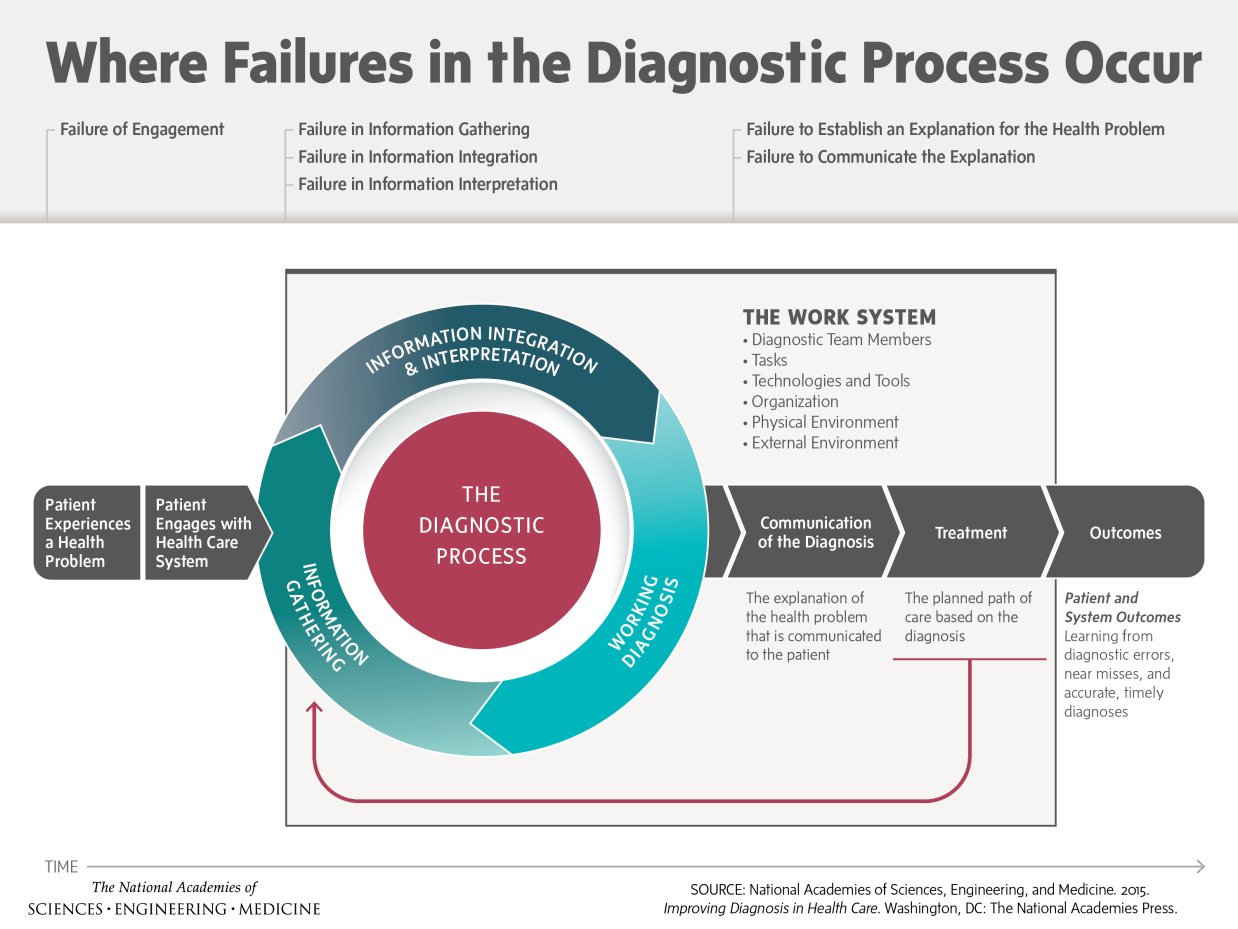Recently there was a new report that got the attention of my colleagues here at Extract Systems. The headline was “Urgent Change Needed to Improve Diagnosis in Health Care or Diagnostic Errors Will Likely Worsen.” According to this report issued by the Institute of Medicine of the National Academies of Sciences, Engineering and Medicine, most people will experience at least one diagnostic error – or inaccurate or delayed diagnosis – in their lifetime.
Read MorePosted by Joseph Smith on Oct 12, 2015 11:47:50 AM
Posted by Dr. John Daller, MD, PhD, FACS on Oct 6, 2015 4:53:00 PM
Now that you have established a successful outreach program, you will want to make sure that the transplant evaluation process is as efficient as possible, not only for the patients from your outreach efforts but also those at the home institution. Our next series of blogs will consider some best practices to efficiently complete the work-up process including the intake, record retrieval and initial screening, the education and evaluation visit leading up to the presentation to the multi-disciplinary team meeting and listing decision.
When the new referral is received, the initial contact with the patient is the opportunity to make a lasting first impression on the patient. If the patient is the one making the initial contact, you want to have someone answering the phone who will be able to get important information from the patient including demographics, insurance information, referring physician name and where the patient gets their health care. If a medical release can be obtained at this time, it will greatly accelerate the ability to have the patient medically screened.
Read MorePosted by Greg Gies on Oct 5, 2015 5:38:00 PM
Last week I published the second in a series of seven blog posts that discuss some of the misperceptions about lab interfaces and intelligent clinical data extraction software.
Below is the list of misperceptions this blog series will cover in the span of seven weeks. This post addresses the second misperception in bold type in the list below.
- We are implementing or already have an interface to Quest and/or Labcorp and no longer have to manually enter test results.
Posted by Ellen Bzomowski on Sep 29, 2015 3:49:59 PM
In the course of a clinical research project or trial, researchers must gather patient data and records and prepare them for adjudication and analysis. In keeping with the spirit of HIPAA and PHI regulations, the organization conducting this research or trial likely wishes to control access from both within and outside of its firewall to ensure that any potential for breach of this personal information is strictly curtailed.
Read MorePosted by Greg Gies on Sep 24, 2015 6:24:03 PM
Yesterday, the prestigious Institute of Medicine (IOM) announced a soon-to-be-released report highlighting diagnostic errors as a persistent “blind spot in the delivery of quality health care” and urges the healthcare industry to change in order to address the prevalence of diagnostic errors, which the IOM defines as “the failure to (a) establish an accurate and timely explanation of the patient’s health problem(s) or (b) communicate that explanation to the patient.”
The report synopsis available on the IOM website identifies several failure points in the clinical diagnostic process. Not surprisingly, it identifies information integration as a one of those failure points.
Read MorePosted by Greg Gies on Sep 15, 2015 4:01:45 PM
Almost 50 percent of hospitals with 200 or more beds will purchase a new electronic medical record system by 2016, according to a KLAS report. Even after sizable investments in new EMRs that meet meaninful use guidelines, complete and accurate patient information available to physicians, much less the enterprise, remains elusive.
Read MorePosted by Dr. John Daller, MD, PhD, FACS on Sep 10, 2015 9:51:00 AM
You have successfully set up your outreach program and established a strong local presence (please check out my 4 previous posts on this topic). What now? In order to achieve sustainability, you will have pressures to improve efficiencies, reduce costs and demonstrate value. It is important to have in place a methodology by which you track your activity from both a quantitative perspective as well as to be sure that the quality delivered matches the quality of your main program.
Read MorePosted by Joseph Smith on Sep 2, 2015 5:32:00 PM
Will you ever have all the interfaces you need?
“If I live to be 90 years old, I’ll never have enough interfaces for our labs,” the lab director of a large healthcare organization recently commented. “And with the costs and ongoing maintenance, how can we afford them?”
Read MorePosted by Dr. John Daller, MD, PhD, FACS on Aug 27, 2015 9:25:00 AM
In our first three blogs of this series, we discussed how educational outreach can lead to opportunities to facilitate more effective patient care locally and strengthen relationships with referring providers. We have focused on the structure of these efforts; now we will focus on the provision of these services and how to differentiate your efforts from others to ensure your investment pays dividends.
Read MorePosted by Ellen Bzomowski on Aug 24, 2015 4:53:00 PM
You finally found the perfect solution to the problem of getting data out of documents and into your EMR or other system. It’s a system that automates this data entry and the workflows surrounding the entire document handling and quality assurance processes. So, now it’s time to go ask for permission (budget) to purchase this solution.
Read More







